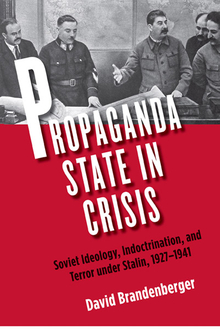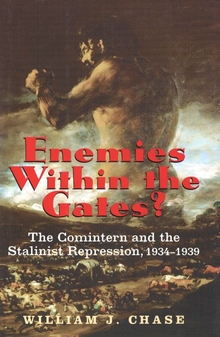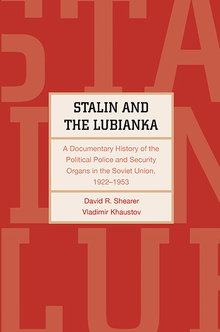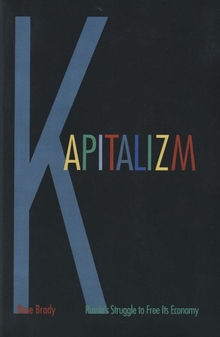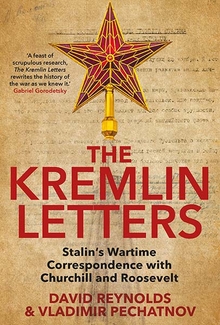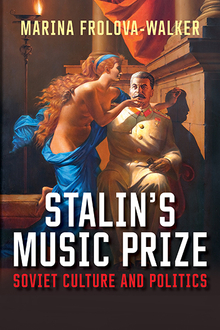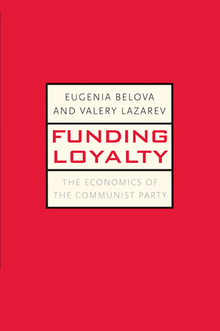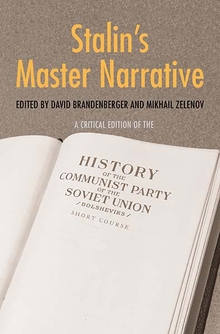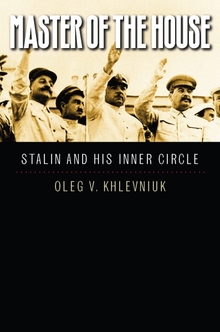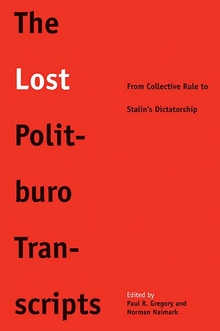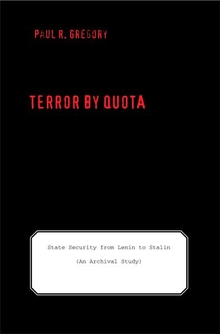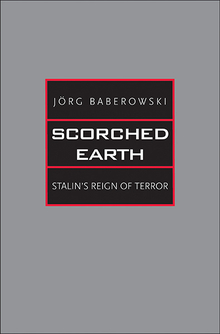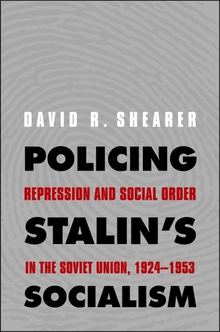Propaganda State in Crisis
WARNING
You are viewing an older version of the Yalebooks website. Please visit out new website with more updated information and a better user experience: https://www.yalebooks.com
Soviet Ideology, Indoctrination, and Terror under Stalin, 1927-1941
David Brandenberger
The USSR is often regarded as the world's first propaganda state. Particularly under Stalin, politically charged rhetoric and imagery dominated the press, schools, and cultural forums from literature and cinema to the fine arts. Yet party propagandists were repeatedly frustrated in their efforts to promote a coherent sense of "Soviet" identity during the interwar years. This book investigates this failure to mobilize society along communist lines by probing the secrets of the party's ideological establishment and indoctrinational system. An exposé of systemic failure within Stalin's ideological establishment, Propaganda State in Crisis ultimately rewrites the history of Soviet indoctrination and mass mobilization between 1927 and 1941.
“The most impressive feature of this study is the research itself—Brandenberger’s work in the archives; second, his mastery of the vast body of published writings in English, Russian and German; third, his knowledge of relevant social science literature. . . . This allows him to trace the contours of policies and their results in greater detail and with more authority than any other work in the field.”—George Enteen, Penn State University.
“What makes Propaganda State in Crisis stand out from other works on Stalinist ideology is Brandenberger’s ability to find a common thread in contemporary films, novels, party history textbooks, and internal memos that landed on Stalin’s desk. In other words, he writes the history of Stalinist ideology as cultural history, an approach that is not simply innovative, but one that brings excellent results. In his narrative we see how party intellectuals, writers, and filmmakers tried to guess, and were often able to influence, the party line, and how Stalin sometimes worked with them directly over the heads of the party’s professional ideologues. Finally, Brandenberger makes us reflect on the average Soviet person’s ideological world not just as a boring routine of political education circles, but as one that included the silver screen and widely-read novels as well. All in all, this is an outstanding contribution to literature on Stalinism,”—Serhy Yekelchyk, University of Victoria
“Brandenberger provides a fascinating analysis.”— Vladimir Tismaneanu (University of Maryland), International Affairs
Publication Date: January 31, 2012
24 b/w illus.

